
EFF vs John Legere
John Legere waved his magic spin-control wand today, following accusations from Google and the EFF—that's Electronic Frontier Foundation to you, Bud—that the cellular carrier throttles video streams in violation of Net Neutrality rules. In a video, T-Mobile's CEO calls the throttling accusations a "game of semantics" and "bullshit".
"We give our customers more choices, and these jerks are complaining?" Legere blasts. "Who the Hell do they think they are? What gives them the right to dictate what my customers or any wireless consumer can choose for themselves?" I wonder, too.

Windows doesn't top the vulnerability list for 2015, but Microsoft as a whole does
Software vulnerabilities are a daily event it seems, but some systems just have more of them. When we think of this a couple of names usually spring to mind -- Flash and Java. However, according to the new list being published by CVE Details, they aren't quite at the top, nor is Microsoft's oft-maligned operating system.
Basing its numbers on "distinct" vulnerabilities, the security firm has released its top 50 naughty list of 2015. Leading the way was, in fact, Apple, which claimed the top two spots -- Mac OS X with a number of 384 vulnerabilities, closely followed by iPhone OS (or iOS as most people like to call it) with 375.

Microsoft's promise of spying warnings is an empty gesture
Yesterday we reported that Microsoft will warn users of 'state-sponsored' attacks on their accounts. Sounds great, but does it actually mean anything? Is it a useful service by the tech giant, or just PR bluster?
Considering the covert nature of spying and digital attacks, coupled with legislation around the world, it seems likely that the announcement is little more than meaningless hot air. In the UK, for instance, the planned snooper's charter would make it illegal for companies to alert users to hacking and surveillance by British agencies.

Weaponization, iOS attacks and biometrics – the security landscape for 2016
It's the time of year when companies inevitably turn to their crystal balls and try to predict what the coming year will have in store.
Where security is concerned there's a focus across the board on the evolving threat landscape and the tools needed to deal with it. We've brought together predictions from some of the leading industry experts.
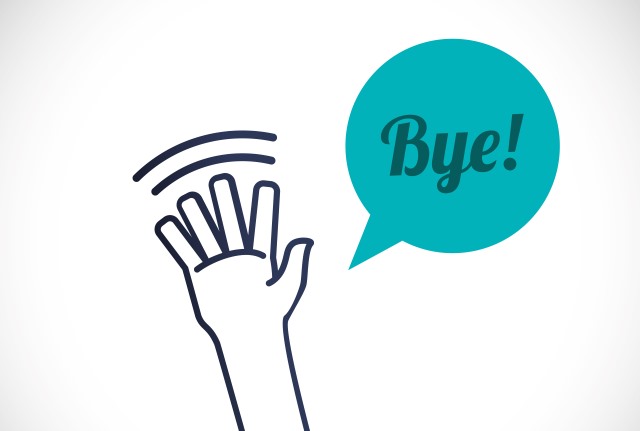
Like Internet Explorer, Microsoft Edge is still pushing people away
Microsoft must have hoped that in walking away from Internet Explorer and moving towards Edge it could successfully shake off its reputation for producing terrible web browsers. There's a joke that everyone has used Internet Explorer at some point, even if it's just once to download Firefox or Chrome; sadly for Microsoft, it seems the trend continues.
The launch of Windows 10 provided an opportunity to attract a new audience to Microsoft Edge -- but people are still jumping ship. It's likely that Edge's continued lack of extension support is partly to blame, but usage stats from numerous analysts paint the same picture: Edge is tanking.
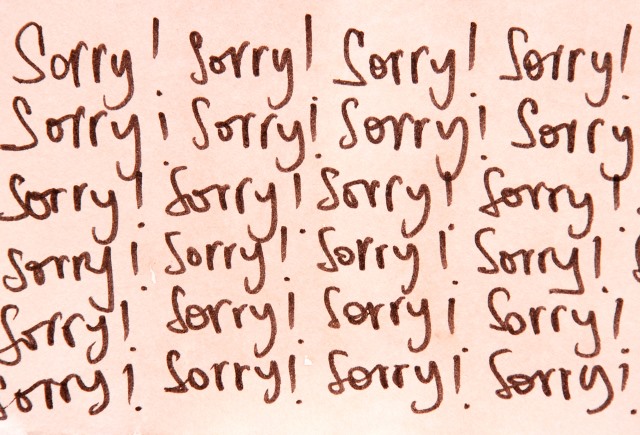
Microsoft is in an apologetic mood right now -- what next? 'Sorry for Windows 10'?
Sorry may be the hardest word, but it seems to be tripping off Microsoft's tongue quite freely at the moment. Maybe it's the holiday season making the company look at itself, but we've had two apologies in recent days -- first, a semi-apology for stealing OneDrive storage from people, and now it's sorry about the Surface Book and Surface Pro 4.
Recognizing that many people's experiences with the latest addition to the Surface range has been "less-than-perfect", Microsoft's Josh_F has issued an apology on behalf of the company. Thanksgiving may be little more than a memory now, but Microsoft is thankful for the "open and candid feedback" (or bitching and complaining) about the latest Surface devices. With Microsoft in an apologetic mood, what else could it say sorry for?

Windows 10 Mobile is dead in the water
Windows Phone's market share took a huge hit last quarter, dropping to a ridiculously low 1.7 percent. Things could improve following the introduction of Lumia 950, Lumia 950 XL and other Windows 10 Mobile smartphones, but, in the long run, the platform is not expected to regain much of the ground it lost to Android and iOS.
Windows Phone's market share for 2015 is expected to be around the 2.2 percent mark, according to an IDC forecast, which would be a major decline compared to last year, when its market share was 2.7 percent. But, that's not the real bad news. By the end of 2019, Windows on smartphones is expected to only see a slight bump to 2.3 percent.
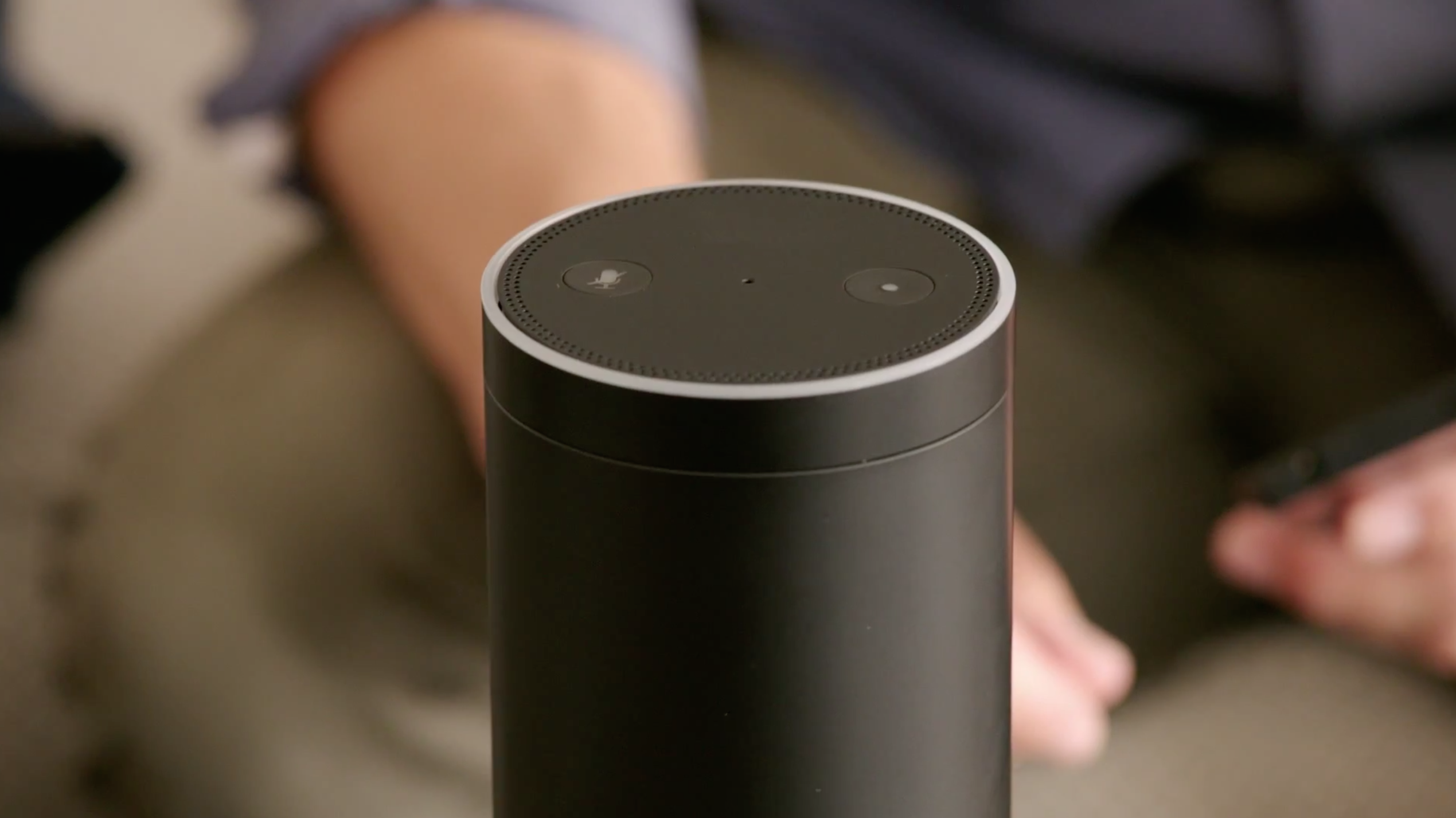
How to: Find your misplaced phone with Amazon Echo and IFTTT
Amazon just recently introduced support for IFTTT (If This Then That) to its Echo product. The company is pushing fairly hard to add functionality to its device. On a regular basis you will find a new addition at the top of the app when you fire it up on your phone or tablet.
With the introduction of IFTTT Triggers Alexa can now do even more. There are a number of recipes to choose from, but setting them up, in most cases, is pretty similar. Many involve your phone so be prepared to turn your number over, though neither entities have given reason for mistrust.

Windows 10 uninstalling user programs without permission
Windows 10 is a decent operating system, but it’s very much a work in progress, and one that’s definitely not without problems. It has some very rough edges (which are slowly being addressed), various annoying bugs (ditto), and of course, it spies on users.
The November Update (aka Threshold 2) fixed some issues (if you were able to get it) but also caused some new problems too. We reported previously how it had reset privacy settings and default apps for some users, but worse than that it appears the update has been uninstalling some third party desktop programs without asking.

We can't let governments use ISIS and Paris attacks as excuses to increase surveillance
The tragic events in France have, almost inevitably, led to renewed calls for increased surveillance of the internet. This cannot be allowed to happen; terrorism cannot be used as an excuse to infringe upon the privacy of millions of innocent internet users.
We have groups such as Anonymous taking a vigilante stance in a bid to drive ISIS from the internet, but governments have leapt on the massacres as a justification for additional snooping powers. This smacks very much of being a knee jerk reaction, and there is a very real danger that rushed legislation will cause greater harm than good.

Microsoft releases first major update for Windows 10 -- here's what's new (and better)
Windows 10 users have been eagerly awaiting the arrival of Threshold 2, or the November Update to give it its official name, for a while. Well, today that wait is over. Windows Insiders on the Fast and Slow rings received the update previously in the form of Build 10586, but now it's automatically being pushed to everyone.
This is a huge update, packed with new features, improvements and of course bug fixes. If updates weren't already mandatory I'd be telling you to go update your copy of Windows 10 right now (you can of course hurry things along by going to Settings > Update & Security and clicking/tapping on Check for updates.) With so much to cover, I'll keep the intro here to a minimum and crack on with talking about all the cool new stuff.
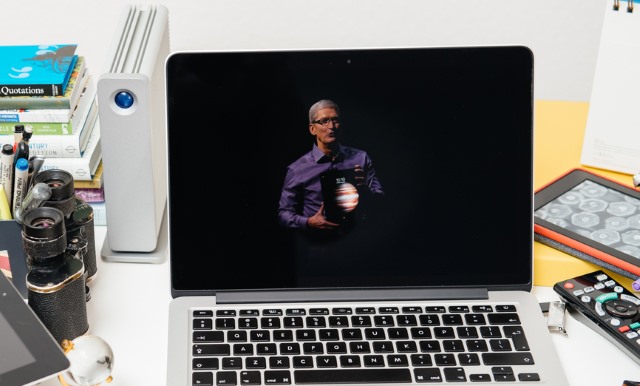
Apple's Tim Cook on weakening encryption: 'Any backdoor is a backdoor for everyone'
Tim Cook is concerned about privacy. The Apple CEO has spoken out against requests from governments for backdoors into encrypted products. Following the UK government's decision not to ban strong encryption but to force companies to provide authorities with access to encrypted data upon production of a warrant.
This is effectively a backdoor into products and Tim Cook gives a stark warning: "Any backdoor is a backdoor for everyone". He also suggests that security is something that needs to be tackled on a global scale rather than by individual countries.

The next target for surveillance: the dark web
The surveillance activities of the NSA and GCHQ are well known, and many people hoping to slip under the radar have taken to the 'dark web'. Famous for sites such as Silk Road, as well as being home to illegal content such as child pornography, the dark web may not be a safe haven for much longer.
Joint Operations Cell (JOC) is a new venture in the UK which sees the National Crime Agency (NCA) and GCHQ joining forces. Described as a "genuinely innovative development", the operation aims to home in on online criminals, with a particular focus on crimes involving child exploitation.

Experts warn that placing your router near a lamp slows down internet speeds
Few people would argue against the idea that router placement -- particularly when it comes to maximizing Wi-Fi footprint -- is important. But it is not just the location that's key; broadband speeds could also be affected by seemingly innocuous objects in the home.
The head of the UK's communications regulator Ofcom warns that numerous electrical goods in the home can interfere with signals and slow down the internet. It's a problem that affects around 20 percent of households, and while there are some obvious culprits on the list of web-killers such as stereos and baby monitors, there are also some surprises.
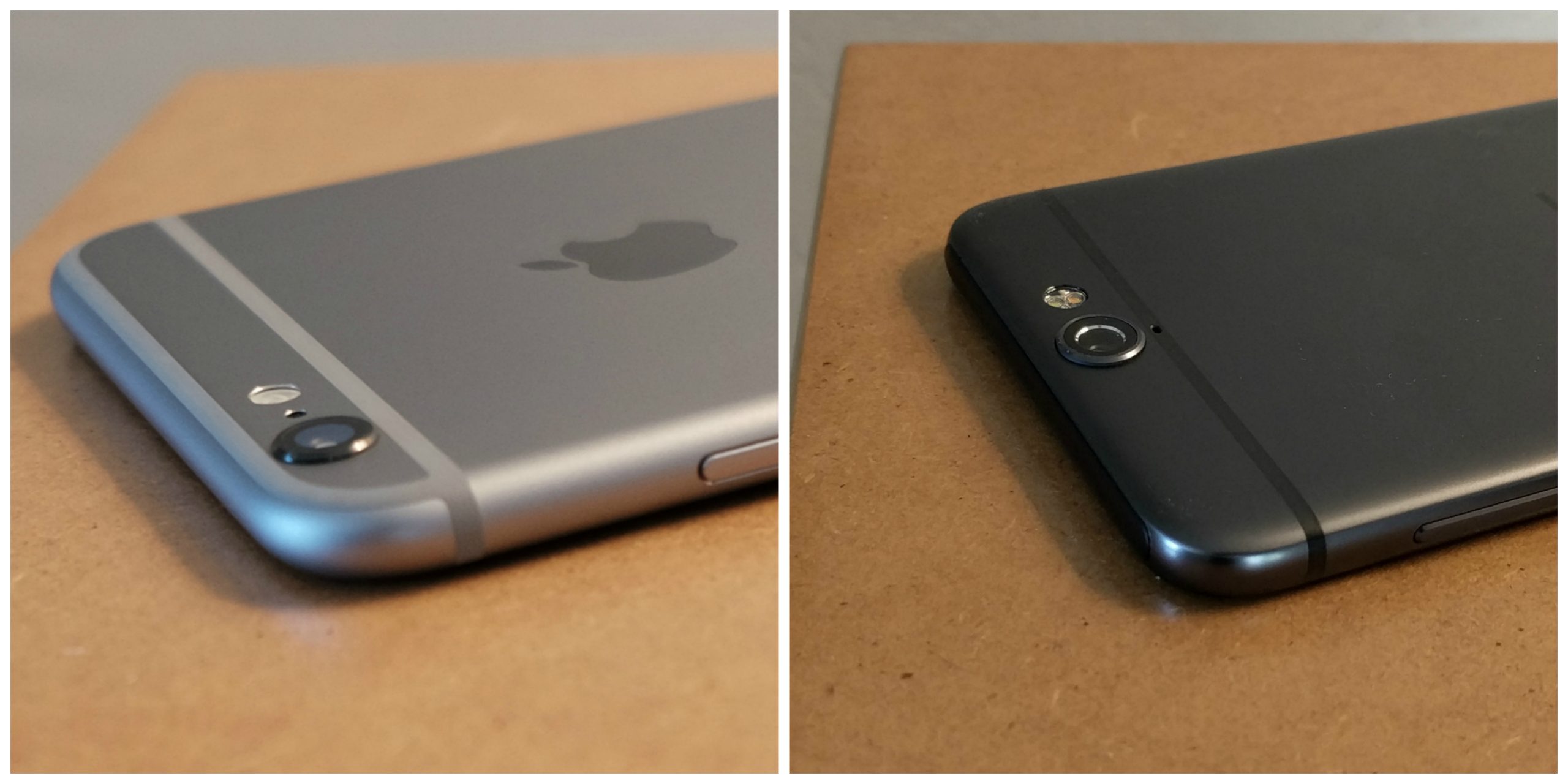
HTC One A9 is the iPhone 6s for Android
Without even turning on the HTC One A9 (which I haven't yet), the physical similarities with iPhone 6/6s are unmistakable. The smartphones share striking design ethic, separated by the shape of the home-button fingerprint sensor, placement of the rear-facing camera, and left-side SIM and microSD card slots. But these differences aren't immediately obvious.
My question: Is this the Android for people wanting the iPhone 6s look but something more flexible than the iOS platform? If there is truth in marketing, HTC's tag lines reveal much: "Design worth imitating", which while referring the company's One legacy also could be interpreted as backhanded praise or even fist-to-snub about Apple's device, which some could argue imitates earlier One models. "Power to choose"—customization and personalization options not offered on fruit-logo handsets.
